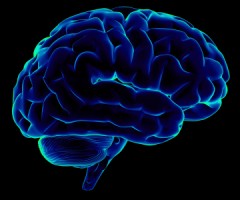Co-Occuring disorder or comorbidity is a term that refers to patients who have both a mental health disorder and substance use disorder. The term co-occurring disorders replaces the terms dual disorder or dual diagnosis.
The term “dual diagnosis” is considered to be misleading by some professionals because most people with this diagnosis actually have many problems rather than just two discrete illnesses. Occasionally, the term is used to describe a person with developmental disabilities and/or a mental health disorder or substance abuse disorder. More commonly, dual diagnosis refers to those with severe mental illness and a drug or alcohol abuse disorder, and who receive therapy in the public treatment systems.
Furthermore, the terms suggest that there are only two disorders occurring at the same time, when in fact there may be more. Clients with co-occurring disorders (COD) have one or more disorders relating to the use of alcohol and/or other drugs of abuse as well as one or more mental disorders. A diagnosis of co-occurring disorders occurs when at least one disorder of each type can be established independent of the other and is not simply a cluster of symptoms resulting from the one disorder.
An individual with a co-occurring disorder has been generally defined by the presence of both a mental disorder and substance related disorder. A person who meets the diagnostic criteria for a major Axis I Mental Disorder or Axis II Personality Disorder and a major Substance-Related Disorder per the current version of the Diagnostic and Statistical Manual (DSM). Diagnoses of these disorders must occur simultaneously or within a one year time frame of each other.






